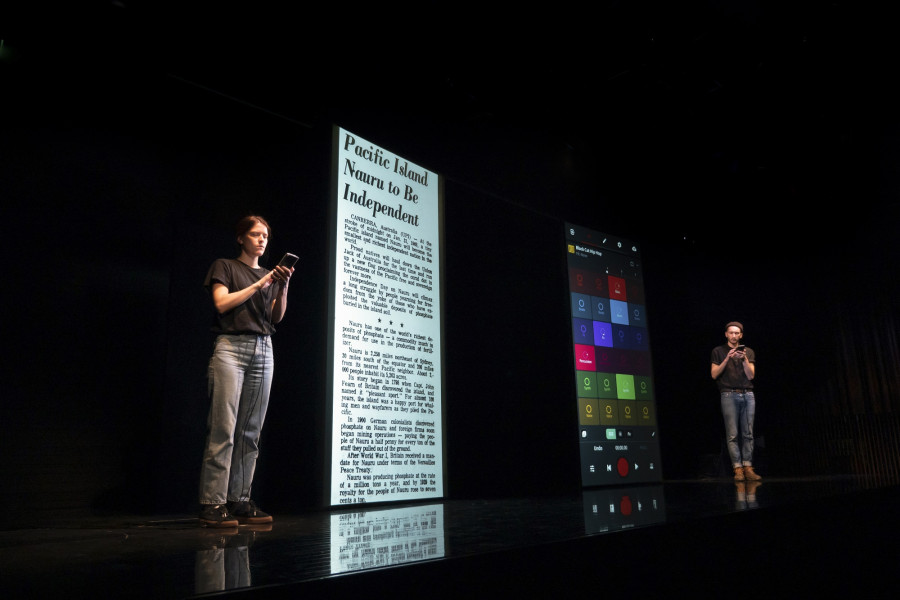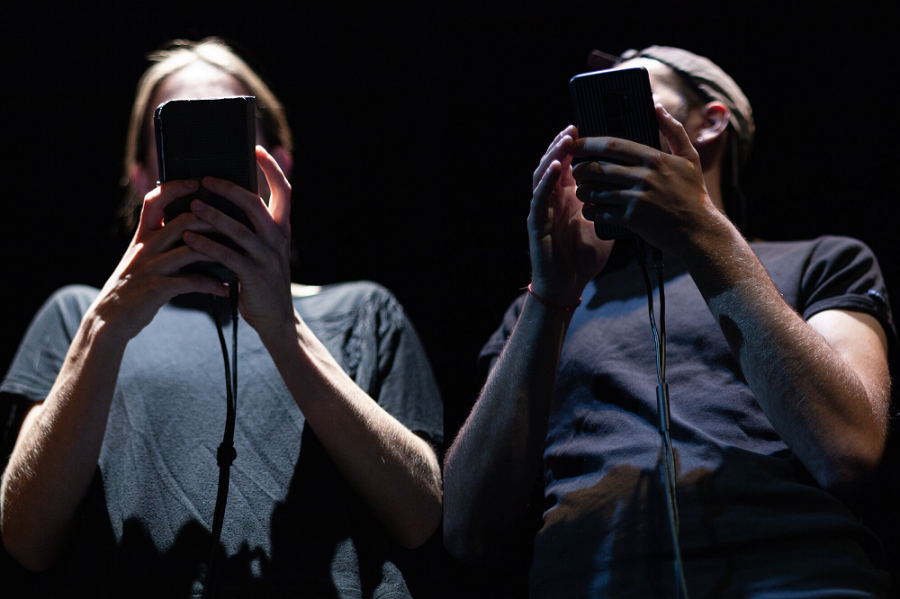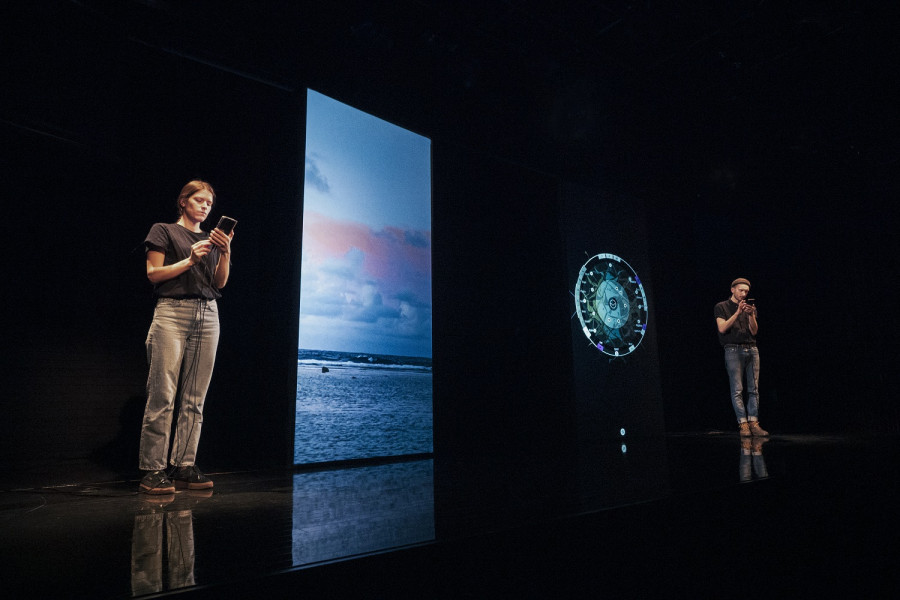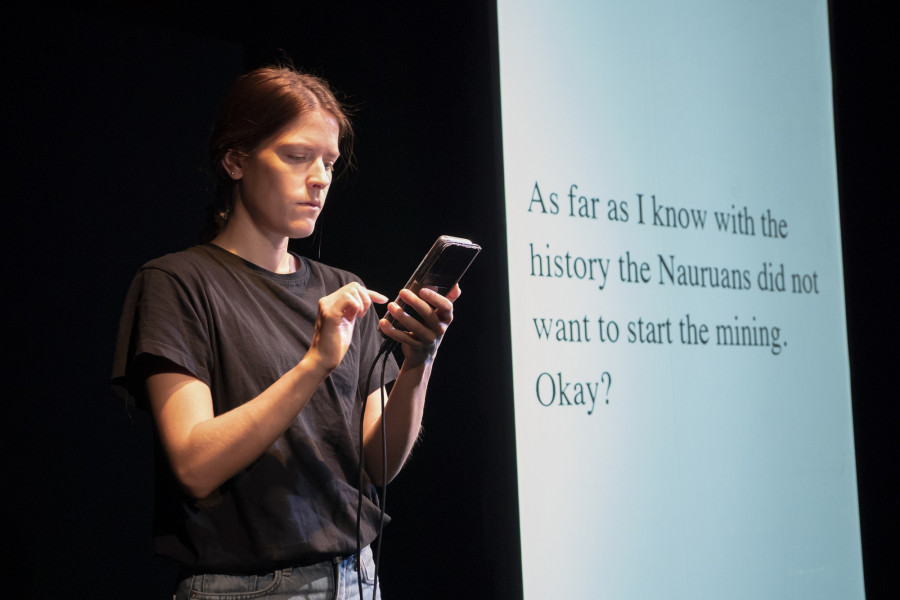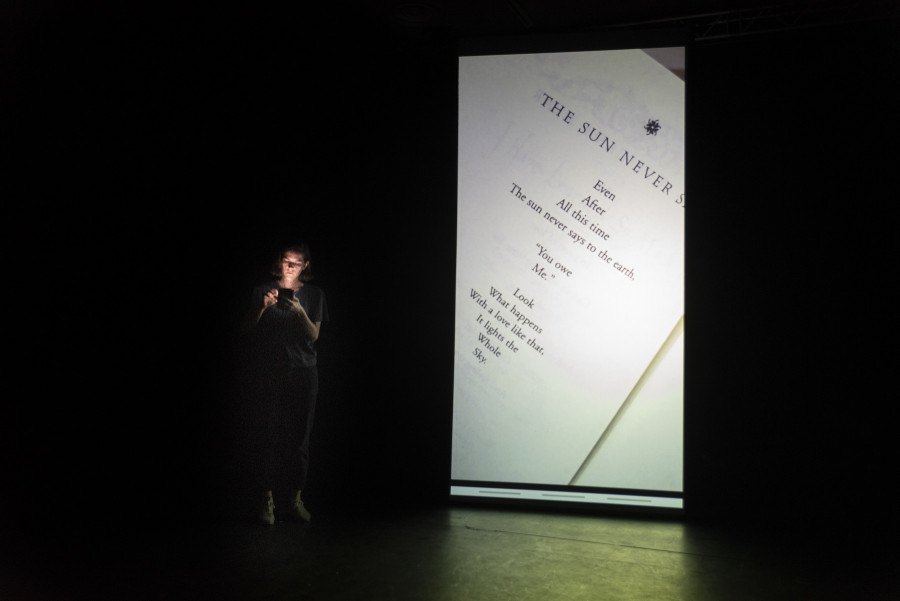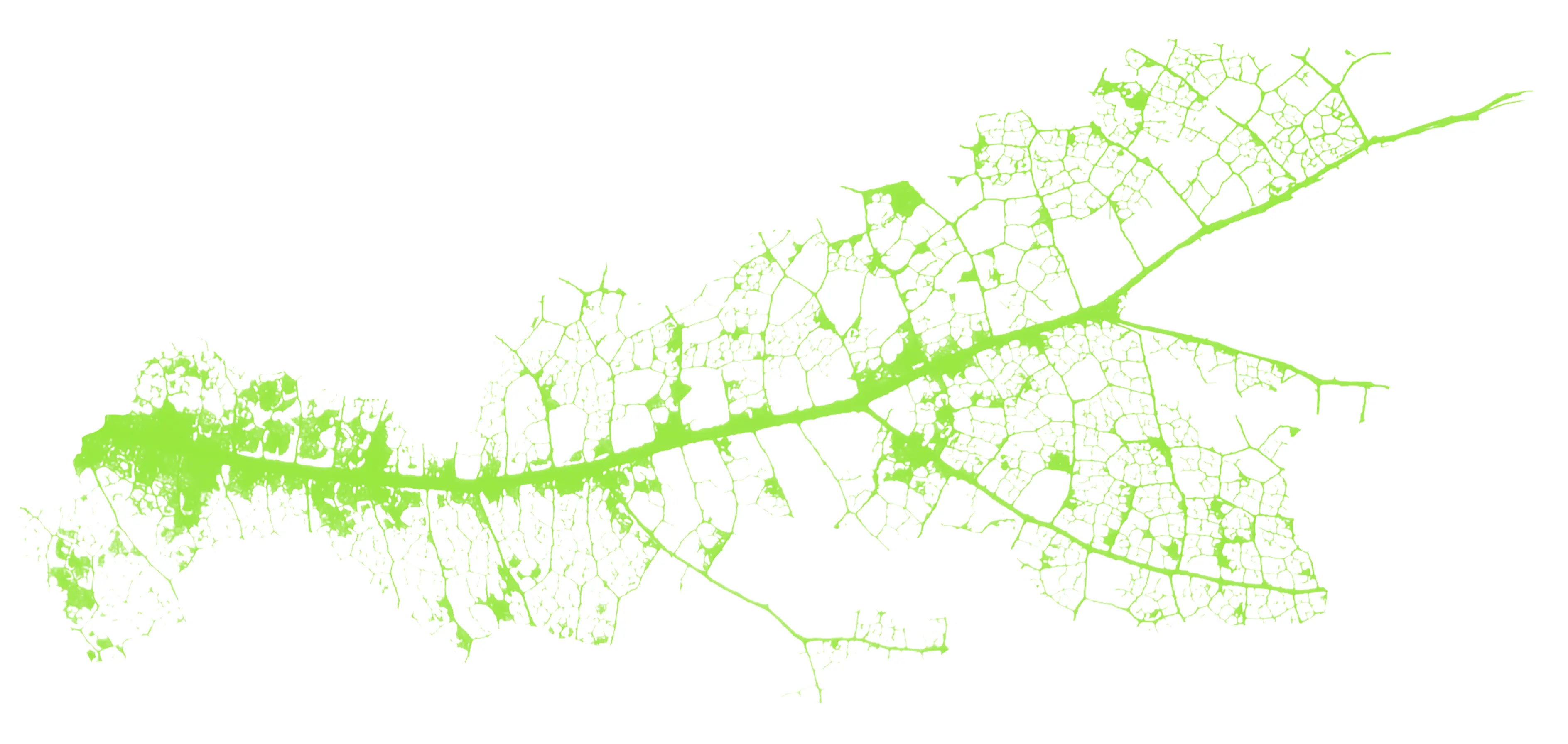
Pleasant Island
Silke Huysmans & Hannes Dereere / CAMPO (Belgium)
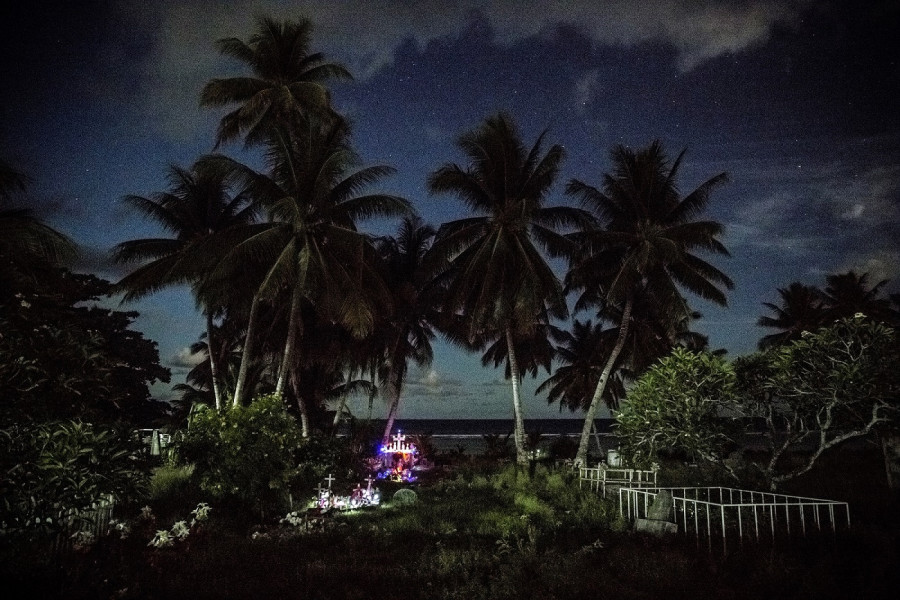
Nauru is a small island nation in the Pacific Ocean that was christened Pleasant Island by European explorers. The history of this “pleasant island” – which was under the protectorate of the German Empire from 1888 until World War I – is often seen as a parable to our world today. Nauru has been hit hard by the effects of colonization, capitalism, migration and ecological disaster. After the discovery of huge phosphate deposits, the dwarf state briefly became one of the richest countries in the world. Every bit of land was cleared to the last corner and sold all over the world as fertilizer for agriculture. After the plundering of its natural resources, the island was left in economic and ecological ruins. In order to survive, the government today accepts unwelcome asylum seekers from Australia in exchange for financial compensation and houses them in detention centers.
Silke Huysmans and Hannes Dereere traveled to Nauru for their field research. In this post-apocalyptic setting, they seek to capture the island’s historical, environmental, and humanitarian exhaustion. Because of the threat of reprisals, they did without camera equipment and recorded their interviews discreetly with their cell phones. The aesthetics of the smartphone also dominate the stage action and make PLEASANT ISLAND an extraordinary and moving documentary theater piece.
www.campo.nu
www.silkehuysmanshannesdereere.com
Credits
By + with Silke Huysmans, Hannes Dereere Dramaturgy Dries Douibi Engineering Anne Meeussen, Piet Depoortere Sound mixing Lieven Dousselaere
Production CAMPO Coproduction Kunstenfestivaldesarts, Spring Festival Utrecht, Beursschouwburg, Kunstenwerkplaats Pianofabriek, Veem House For Performance, Spielart & De Brakke Grond residencies Beursschouwburg, De Grote Post, KAAP, Kunstencentrum Buda, Kunst-enwerkplaats Pianofabriek, STUK & Veem House for Performance, LOD with the support of Vlaamse Gemeenschapscommissie & KAAP
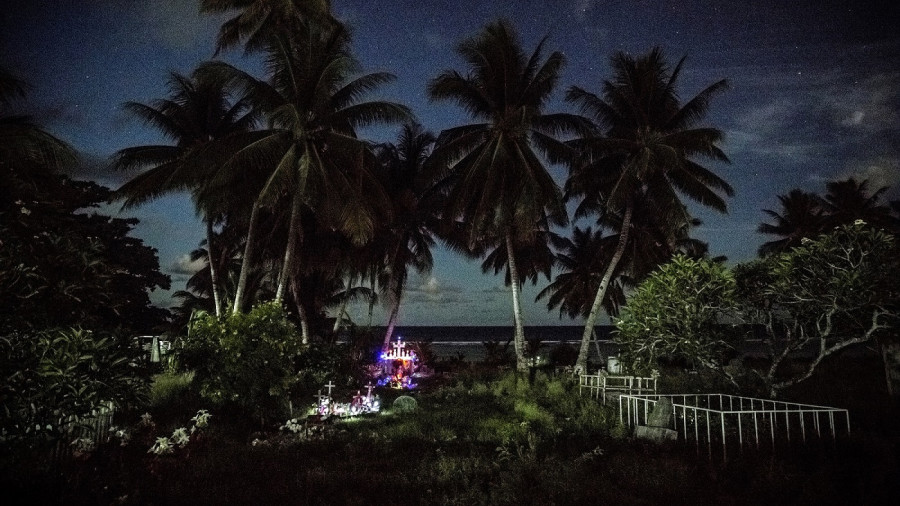
Main Supporters
euro-scene leipzig is institutionally supported by the City of Leipzig and the Saxon State Ministry for Higher Education, Culture and Tourism. Co-financed by tax revenue on the basis of the budget approved by the Saxon State Parliament.
